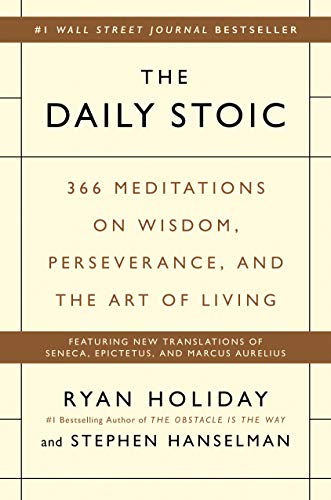
Practice Makes Principled
Practice Makes Principled
April 1st
“No one is good by accident. Virtue must be learned.”
—Seneca
Letters From A Stoic
Virtue isn't something that just happens to you; it's a skill that you cultivate through deliberate practice and conscious effort.
Just as a musician rehearses scales to master an instrument, you must engage with and practice the principles of virtuous behavior—like kindness, temperance, and integrity—if you aim to be a genuinely good person.
Consider your daily routines: Are you making space to reflect on your actions, to learn from both your successes and slip-ups, and to apply that knowledge to become a better version of yourself?
Seneca is nudging us to recognize the work behind the virtue. You wouldn't expect to sit down at a piano for the first time and play a sonata flawlessly, so why assume that goodness will just come naturally? It doesn’t.
It's not enough to just understand what it means to be good; one must act on it, daily. Life throws countless opportunities our way to exercise virtue, like staying patient in a traffic jam or being honest when a lie could easily slide by unnoticed.
Which aspects of virtue could use some practice in your life today? How will you learn and apply that lesson to grow your own goodness?



